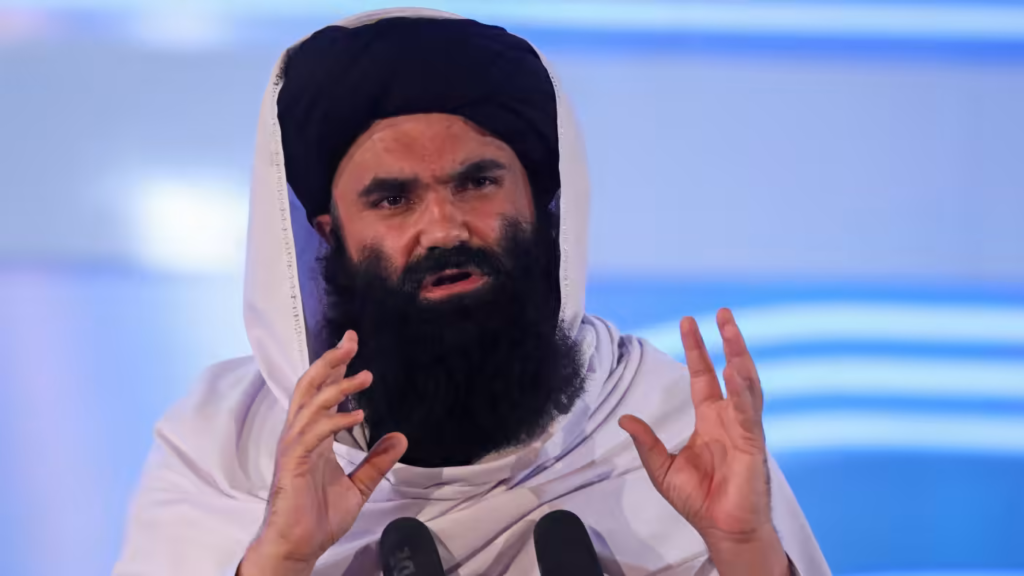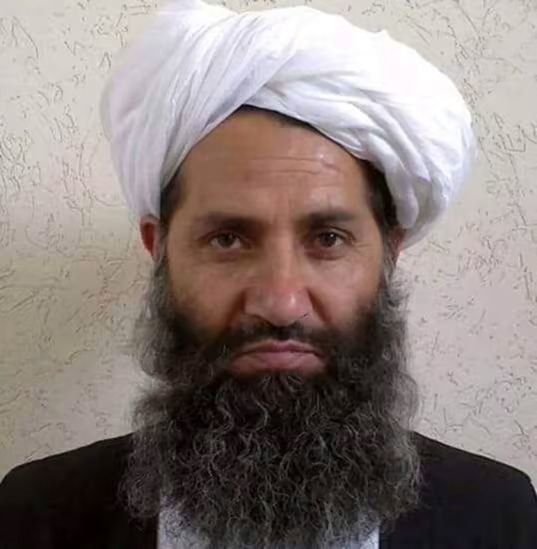The news has come out that the supreme leader of the Taliban, the Islamic organization that rules Afghanistan, is on the verge of division. The Taliban has not yet announced the split in its top leadership, but analysts say the fire inside the Taliban will have far-reaching effects.
Last month, Interior Minister Sirajuddin Haqqani addressed a program at a graduation ceremony at an Islamic school in Khost province and expressed displeasure with the Taliban government. He said that power was being monopolized and the reputation of the government was being hurt which was not in the interest of the Taliban. Sirajuddin addressed the program through a pre-recorded speech. This speech went viral on the internet.

Although Haqqani did not name anyone, it is believed to be the Taliban’s supreme leader, Mullah Haibatullah Akhundzada. The differences between Akhundzada and Haqqani are understood to be deep. He is not the only leader of this organization to question the policies of the Taliban government.
Many other leaders have also questioned the policies, which have alienated a section of the Afghan population from the Taliban, while the Taliban continue to be isolated internationally.
Acting Defense Minister Mullah Yaqoob said in mid-February that the Taliban should not show arrogance. He said that we should try to accept the legitimate demands of the people. Yaqub is the son of Mullah Omar, the founder of the Taliban.

When the website asia.nikkei.com asked to talk to the Taliban spokesperson Zabiullah Mujahid about the division of the Taliban, Mujahid refuted this assumption and said, “Current ministers have not criticized the government in their public speeches.” They have given some suggestions to the government. All ministers only want the welfare of the people.”
But regardless of the Taliban’s argument, foreign observers say there is constant bickering and discord within the organization. According to Michael Kugelman, Director of the American think tank South Asia Institute, the Taliban have learned the art of resolving their differences internally. Therefore, the issue of controversy does not come out. He said – “therefore, there is no possibility of an open rebellion, but Haqqani’s public statement will be considered as part of an attempt to increase the controversy. Kugelman said – “In the past, the senior leadership suppressed dissent and there was violence with those who disagreed.” But now the situation has changed. That is why critics of the supreme leader are in the government.” He described Haqqani’s move to go public as an “escalation of that rift.”
Many observers have taken the recent statements as a sign that the Taliban are feeling the need to change their ways. A faction of the Taliban feels that Akhundzada’s radicalism has tarnished the Taliban’s international image.
Afghanistan is being strongly criticized at the international level, especially for stopping the education of girls in schools. Now some Taliban leaders are expressing their displeasure with such a move.
A global media for the latest news, entertainment, music fashion, and more.





